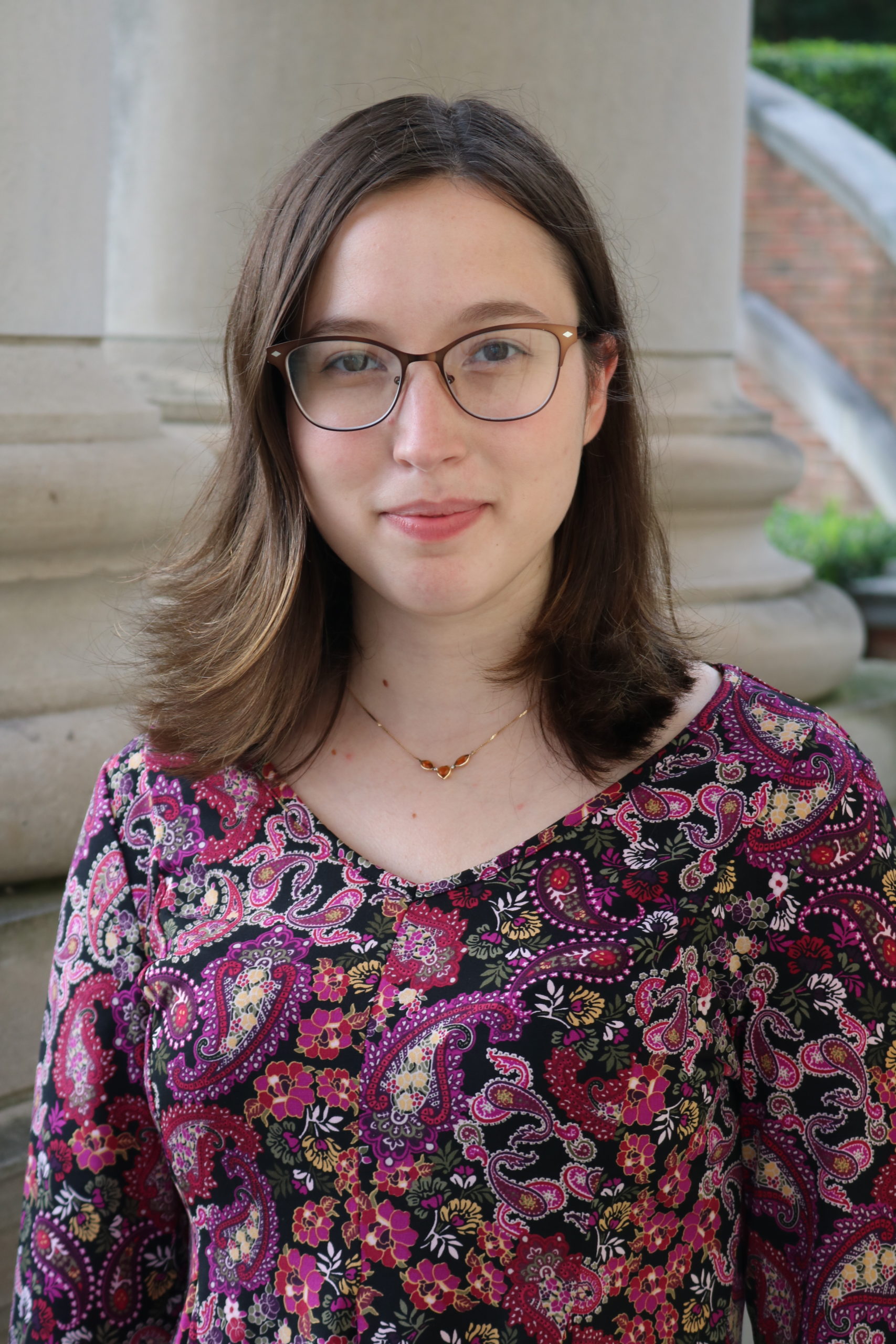By: Kate Young
The pandemic reshaped life in many aspects this year, including the way people approach issues of mental health. The Samford Counseling and Wellness department has completely shifted online this semester, adapting their many services to a digital format.
“Sometimes we show documentaries related to mental health or bring in speakers, hold panel discussions, things like that, but we’ve had to get creative,” Samford University counselor Lyndsay Clark said. “Like how do we bring mental health education to the campus without gathering students.”
This semester the Counseling and Wellness department is hosting a Zoom Webinar to view “Like,” a documentary about the effects of technology and social media on mental health. A virtual panel discussion will follow featuring mental health professionals and a marketing professor.
Last week, the student body received a survey about the coronavirus’s impact on mental health.
“We are actually running the survey with anyone who comes in as a client, and then we decided well that’s a little bit biased data, Clark said. “People who are coming through our office probably have higher symptoms that COVID might be making worse, so we collaborated with the CARE team, who put the assessment in another version, and that’s what went out through Campus Connection so we could gather some data from students who may not necessarily be coming to counseling.”
“Eighty % of the data that we have so far indicates that students have been affected socially and feel more isolated and disconnected, so that’s really a majority of students,” Clark said.
In some ways, the shift to virtual options has been a positive change.
“When we transitioned, our summer was busier than it ever had been before,” Clark said, suggesting that being physically away from campus was no longer a barrier to accessing mental health resources.
“And we’ve continued to see higher numbers this semester — maybe 3% more than we typically do, and we’ve seen more new clients,” Clark said. “So our overall numbers are higher, so it’s not just the same students having more sessions. It’s actually more individual clients.”
Clark said its likely virtual counseling will continue to be an option even after the pandemic.
“While we will go back to in-person counseling, we will probably offer virtual counseling as an option as well,” Clark said. “I don’t know that we would want the bulk of our counseling to be virtual when we can be in person. I think there are some positive benefits of sitting down and being in front of somebody, but I think that will stay an option. There are graduate students or other students who are out in the field or working a lot of hours in addition to school and not having to drive to campus or walk across campus to be here in person, virtual counseling has allowed them to do counseling when they couldn’t have fit it in their schedule otherwise.”
Clark urges students to take care of themselves and their community in this particularly unusual and unsettling time.
“Give the pandemic the weight it deserves in terms of how it is affecting your life,” Clark said.







